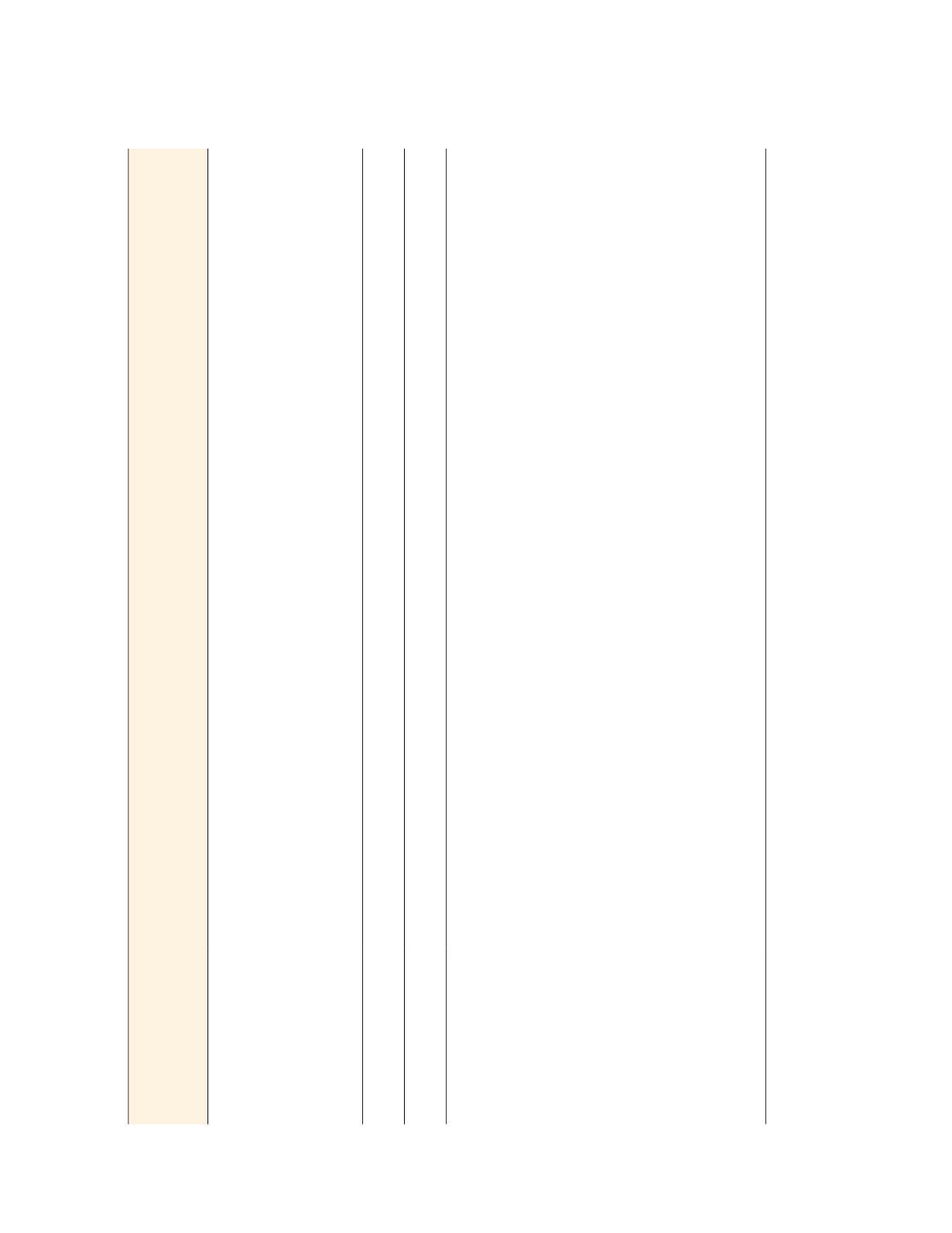
56
PRIORITYMEASURE31
“Include care in social protection systems, through allowances, social and health-care services and economic benefits thatmaximize autonomy, inparticular
for older persons, and guarantee the rights, dignity andwell-being of families andolder persons, including the right toa dignifieddeath
with proper care, without any formof discrimination or violence.”
Possible lines of action
1. Create home care programmes that include a personal caregiver, medical and gerontological checkups, adaptations to the dwelling,
among other things; 2. Create services that promote community-based care alternatives for dependent older persons; 3. Legislate to
regulate long-term care institutions from the viewpoint of the rights and dignity of dependent older persons, and create mechanisms for
supervising them; 4. Legislate to protect workers providing care to a dependent older familymember, includingwork leave, flexible hours,
and labour protection; 5. Create programmes that provide time off, counselling and training for caregivers for dependent older persons;
6. Create services to facilitate information and coordination of assistance for caregivers for dependent older persons; 7. Give budget
priority to creating appropriate infrastructure and technology to facilitate the tasks of caring for dependent older persons; 8. Create public
transfer programmes for non-professional caregivers working with dependent older persons (a decent basic wage, or citizen’s wage for
caregivers, including social security benefits).
Targets
1. Every older person requiring care services receives them; 2. Caregivers are included in the Social Security system; 3. Family caregivers
receive a financial benefit for their carework.
Tentative indicators
1. Percentage of older persons receiving home care consistent with their needs and characteristics; 2. Percentage of caregivers who have
Social Security benefits; 3. Percentage of family caregiverswhohave a decent basic income.
Related instruments,
forums andmechanisms
Questions relating to care are part of the Convention on the Rights of Persons with Disabilities (articles 16, 19 and 20) and of United
Nations General Assembly Resolutions (Resolution 31/37 XXXVIII of 1973 and Resolution 46/91 on the United Nations Principles for
Older Persons). They are alsopart of theVienna andMadrid International Plans ofActiononAgeing (1982 and 2002).
In the jurisprudence of the Treaty Committees, the Committee on Economic, Social and Cultural Rights addresses the matter in General
Comment No. 6 of 1995, and interprets the right to an adequate standard of living (article 11 of the Covenant) as meaning that older
persons must be able to satisfy their basic needs, including food, income, care, self-sufficiency ((CESCR, General Comment No. 6, The
economic, social and cultural rights of older persons, E/C.12/1995/16/Rev.1).
The Committee on the Elimination of Discrimination againstWomen, in its General RecommendationNo. 27, held that, when it comes to
labour and pension benefits, “States parties should ensure that older women, including those who have responsibility for the care of
children, have access to appropriate social and economic benefits such as childcare benefits, as well as access to all necessary support
when caring for elderly parents or relatives” (United Nations, “General recommendation Nº 27 on older women and protection of their
human rights” (CEDAW/C/2010/47/GC.1), Committee on theElimination ofDiscrimination againstWomen, 2010).
The measure is also related to the Open Working Group proposal on sustainable development goals, in particular SDG target 5.4:
“Recognize and value unpaid care and domesticwork through the provision of public services, infrastructure and social protectionpolicies,
and the promotion of shared responsibilitywithin the household and the family as nationally appropriate.”


